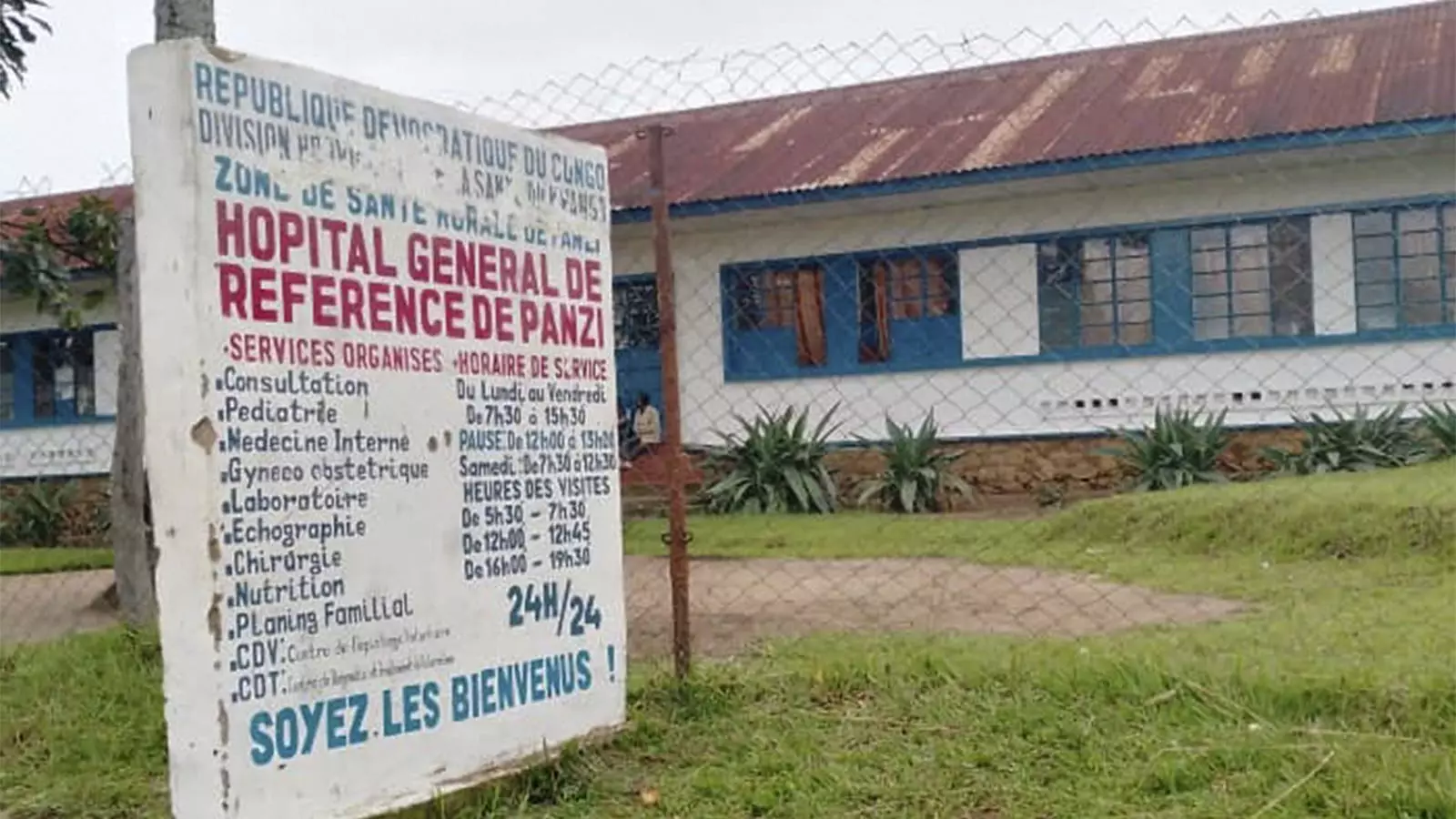In recent weeks, health authorities in western Congo have encountered a troubling outbreak that has resulted in a significant number of fatalities. The case of a man who died exhibiting symptoms of hemorrhagic fever has heightened concerns that alongside malaria, an unidentified viral infection might also be at play. This potential dual threat is particularly alarming as it complicates public health responses in an area already ravaged by prevalent diseases and malnutrition.
Amidst the backdrop of this outbreak, Congo’s health officials reported last week that at least 37 deaths and 592 suspected cases have been documented, with the vast majority of patients testing positive for malaria. Malaria, a mosquito-borne illness that is endemic in the region, combines dangerously with high levels of malnutrition reported in the Panzi area, leading to difficult diagnostic challenges for healthcare practitioners.
Ngashi Ngongo, an official from the Africa Center for Disease Control and Prevention, pointed to the complex health landscape in which this outbreak is emerging. He suggested a working hypothesis whereby the outbreak might be attributed to either “severe malaria on a background of malnutrition” or “a concurrent viral infection along with malaria.” This sentiment underscores the urgency medical professionals face when operating in areas with both established endemic diseases and potential new threats.
The symptoms reported among patients include fever, headache, cough, and anemia—signs that are often linked to several different diseases, including malaria and viral infections. Such overlap can lead to misdiagnoses, increasing the risk of inappropriate treatment and further spread of illness in the community. The presence of malnutrition further complicates matters, as it weakens immune responses and exacerbates the impact of any infectious disease, whether viral or parasitic.
Health authorities including the World Health Organization (WHO) have been actively involved in investigating the outbreak. Dr. Tedros Adhanom Ghebreyesus, the head of WHO, indicated that while most of the blood samples collected in the Panzi region tested positive for malaria, the possibility of multiple pathogens being responsible for the outbreak cannot be dismissed. WHO experts, accompanied by personnel from the Congolese National Rapid Response Team, rushed to the affected area to collect samples and provide technical assistance.
Their efforts faced significant logistical challenges due to the remoteness of the Panzi health zone, situated approximately 435 miles from the capital city, Kinshasa. The health minister of Congo noted that it required two days for specialists to arrive on-site, illustrating the difficulties that health systems encounter in reaching impoverished and isolated communities. Moreover, with inadequate local testing facilities, samples had to be transported over extensive distances to be analyzed, potentially delaying critical insights needed for combating the outbreak.
It is important to note that the demographic disproportionately affected by this outbreak is children under the age of 14. This trend signals a severe health crisis that warrants urgent intervention to avert further loss. The gathering of additional data through sample testing is anticipated to shed light on the presence of other infectious agents in circulation, but the potential for an escalating crisis looms large.
Furthermore, the Panzi area recently experienced an epidemic of typhoid fever and is currently grappling with a resurgence of seasonal flu. The compound effect of these health challenges calls for a comprehensive and coordinated approach to disease management, tailored to the specific socio-economic context of the region. Community engagement, strengthening healthcare infrastructure, and improving access to both preventive and curative services must become top priorities as authorities seek to address this multifaceted health crisis.
In closing, the outbreak in western Congo serves as a vivid reminder of the complex interplay between various diseases, the need for rapid response systems, and the importance of sustaining public health efforts in vulnerable regions. Future successes in controlling such outbreaks will depend not only on timely interventions but also on a deeper understanding of the local health landscape to formulate effective strategies against an evolving threat.


Leave a Reply